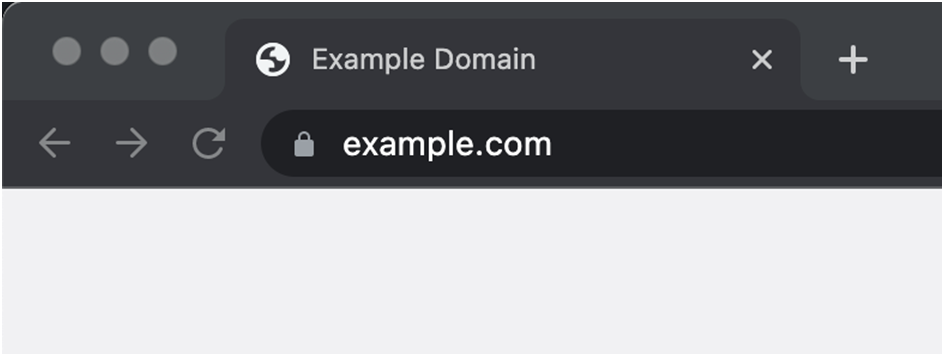This article will be useful if you want to understand what an SSL certificate is and why you should buy one.
What an SSL certificate is and how it came to be
To explain how an SSL certificate works and what it provides, let's briefly go back to the recent past of web technologies.
Once upon a time, so that a website and a user's computer could exchange data, they created the HTTP protocol - a special set of rules for servers to "communicate". Information is transmitted over the HTTP protocol in unencrypted form. This can be insecure if users enter their data on the site, which should not get to the attackers. For example, a customer of an online store makes a purchase and enters a bank card number. If the site uses HTTP, an unauthorized person can intercept the data and use it.
To solve the problem, a new protocol, HTTPS, was developed. SSL cryptographic technology was added to it. Thanks to it, all the data transmitted are encrypted, and even if an intruder intercepts them, he will not be able to use them, but will receive only abracadabra.
Why do you need an SSL certificate for the site
SSL-certificate is necessary for users to be confident in the reliability of encryption. It is like a "credential" that confirms the security of the site. Having an SSL certificate is a mandatory standard .Certifying centers that make certificates are responsible for ensuring that the technology is followed. They pledge that no one will hack the messages between the site and the user's computer.
Another protection that an SSL certificate gives is to validate the authenticity of the site. The certificate authority verifies all certificate applications that come in. This can be an automatic verification that the customer has to the domain or a manual verification of the organization up to the point of calling the company. The type of verification affects the cost of the certificate and the more it is valued the more reliable it is. You can learn more about the types of validation on our SSL Certificates page.
Technically, nothing prevents you from issuing an SSL certificate on your own, without certification centers and checks. Such certificates are called self-signed or self-issued. They work too and provide encryption. But this is not the best solution: the fact is that self-signed certificates are not trusted by browsers.
When a visitor opens a website, the browser checks the SSL certificate: it looks to see which certificate authority issued it and checks the expiration date. If everything is in order, the visitor sees a closed lock in the address bar.

This is what the address bar looks like in Chrome browser if the SSL certificate on the site is in order.
If the certificate is self-signed, issued by an unreliable organization, expired or not installed, the browser will show an alarm message and may even close the user's access to the site. Search engines also downgrade sites with unreliable certificates.

We recommend installing an SSL certificate in all projects and even small personal blogs. Yes, HTTPS encryption is not necessary where visitors only read content and do not enter data. However, with SSL-certificate the site will improve SEO-position, and visitors will not be confused by warnings from the security system.
In addition, to install a simple SSL certificate from a reliable certification center is not inexpensive and will take a couple of minutes. If you manage your sites through ispmanager, everything is even easier - free SSL certificates can be installed automatically and without restrictions.
But for sites where users enter passwords, make purchases, and leave their personal data, a strong SSL certificate is mandatory. All types of certificates can be selected on our website.